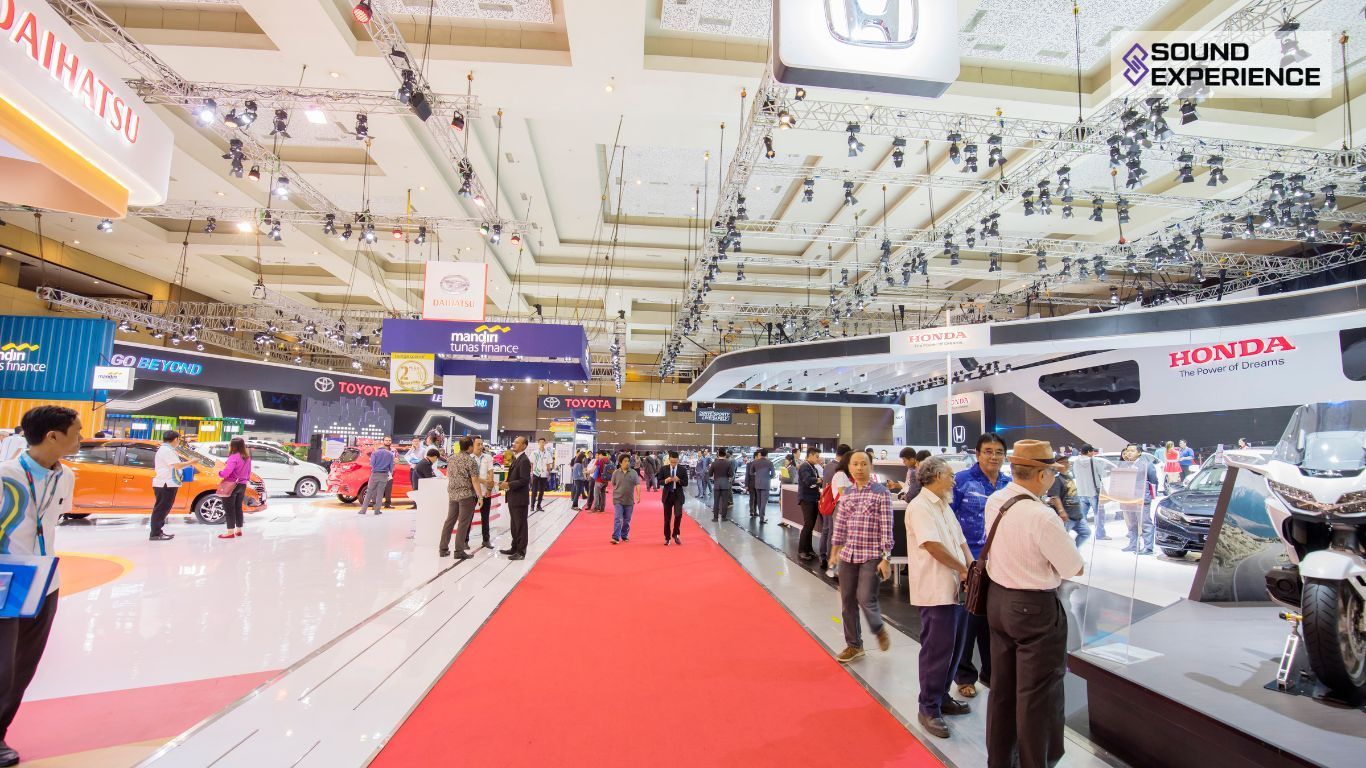Strategically Managing Logistics for Large-Scale Events in Brighton
Hosting a large-scale event in a vibrant city like Brighton requires meticulous planning and execution. A significant aspect of this is logistics, which encompasses everything from venue selection and vendor management to transportation and crowd control. Let's delve into the key logistical considerations to ensure a seamless event experience.

Venue Selection and Capacity Planning
- Capacity Assessment: Ensure the venue can accommodate your expected attendance, considering factors like seating capacity, standing room, and potential overflow areas.
- Layout Optimisation: The venue's layout should be conducive to the event format. Consider factors like stage placement, audience flow, and emergency exits.
- Accessibility: Prioritise accessibility for all attendees, including those with disabilities. Ensure ramps, elevators, and accessible restrooms are available.
- Technical Infrastructure: Assess the venue's technical capabilities, including power outlets, lighting, and sound systems. Partner with experienced AV professionals like Sound Experience to ensure optimal audio-visual setup.
Vendor Management and Coordination
- Clear Contracts: Draft detailed contracts with vendors outlining their responsibilities, timelines, and payment terms.
- Effective Communication: Maintain open and regular communication with all vendors to avoid misunderstandings and delays.
- On-Site Coordination: Assign a dedicated team to oversee vendor activities on-site, ensuring they adhere to the event schedule and guidelines.
- Contingency Planning: Develop contingency plans in case of vendor issues or equipment failures.
Crowd Control and Security
- Crowd Management Plan: Develop a comprehensive crowd management plan to control the flow of people, especially during peak times.
- Security Personnel: Deploy qualified security personnel to monitor entrances, exits, and crowd behaviour.
- Emergency Exits: Ensure emergency exits are clearly marked and unobstructed.
- First Aid and Medical Services: Have trained medical personnel on-site to handle any emergencies.
Transportation and Logistics
- Venue Accessibility: Consider the venue's proximity to public transportation and parking facilities.
- Traffic Management: Work with local authorities to implement traffic management plans to minimise congestion.
- Shuttle Services: If necessary, arrange shuttle services to transport attendees from designated parking areas or public transportation hubs.
- Equipment Transportation: Coordinate the efficient transportation of event equipment, including stage setups, lighting, and sound systems.
Event Production and Technical Requirements
- Audio-Visual Production: Partner with experienced AV professionals like Sound Experience to handle sound, lighting, and video production.
- Stage Design and Setup: Design and construct a stage that complements the event's theme and enhances the audience experience.
- Power and Electrical Requirements: Ensure adequate power supply for all equipment and lighting.
- Rigging and Load-In/Load-Out: Plan for efficient rigging of equipment and timely load-in and load-out procedures.
Post-Event Evaluation and Debriefing
- Feedback Collection: Gather feedback from attendees, staff, and vendors to identify areas for improvement.
- Financial Analysis: Conduct a detailed financial analysis to assess the event's profitability.
- Debriefing Session: Hold a debriefing session with the event team to discuss lessons learned and best practices.
By carefully considering these factors and working with experienced professionals like Sound Experience, you can successfully manage the logistics of your next large-scale event in Brighton.


